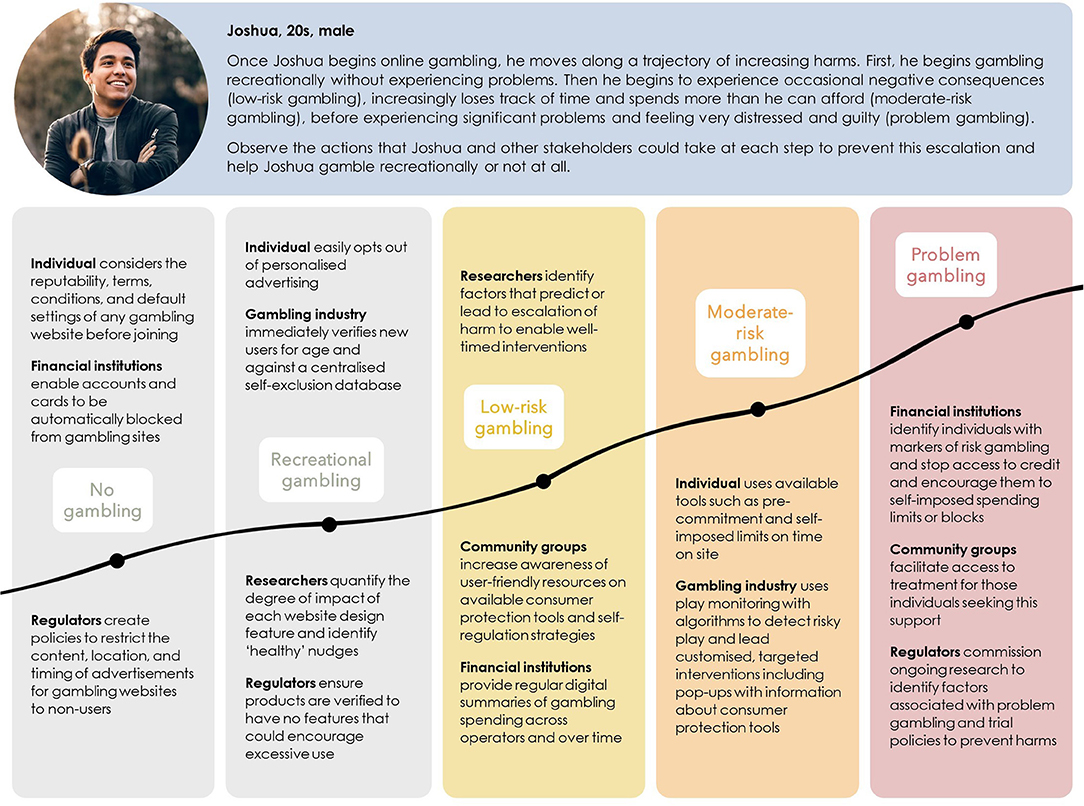Uncovering Secrets: Hookup Detectives
Explore the world of modern relationships and dating with insights from our hookup detectives.
Gambling Retention Models: Keeping Players Hooked with Finesse
Unlock the secrets of gambling retention models and discover how to keep players engaged and thriving. Learn the art of player loyalty!
Understanding the Psychology Behind Gambling Retention Models
Gambling retention models are fundamentally rooted in psychological principles that illuminate why players continue to engage with gambling platforms over time. One significant aspect of this is the concept of loss aversion, where individuals are more motivated to avoid losses than to seek equivalent gains. This leads to behaviors such as 'chasing losses,' wherein players continue to gamble in hopes of recovering their previous expenditures. Additionally, the variable reinforcement schedule plays a crucial role, providing intermittent rewards that keep players engaged and returning for more, as the unpredictability of wins creates a sense of excitement and anticipation, akin to playing a slot machine.
Understanding these psychological nuances allows gambling companies to devise tailored retention strategies that enhance user experience and loyalty. For instance, employing personalized communication through targeted promotions or bonuses can significantly improve player retention rates. Furthermore, creating a community aspect, such as forums or social sharing options, taps into the psychological need for social interaction, making players feel connected and more likely to maintain their gambling habits. Ultimately, by integrating these psychological insights into their models, gambling operators can achieve better retention outcomes and foster a more engaged user base.

Counter-Strike is a popular first-person shooter game that pits teams of terrorists against counter-terrorists in objective-based gameplay. Players can engage in tactical matches that require teamwork and strategy, making it a favorite among competitive gamers. For those looking to enhance their gaming experience, using a duel promo code can provide valuable perks and bonuses.
Top Strategies for Developing Effective Retention Models in Online Gambling
In the competitive landscape of online gambling, developing effective retention models is crucial for maintaining a loyal customer base. Retention strategies should focus on personalized experiences that cater to individual preferences. Implementing data analytics tools allows operators to track player behavior, assess engagement levels, and identify at-risk customers. By utilizing this data, online gambling platforms can create targeted promotions, tailored communication, and enhanced gaming experiences that resonate with players. Consider employing methods such as loyalty programs, where users are rewarded for their continued play, fostering a sense of community and belonging.
Another vital aspect of retention models is ensuring consistent engagement through effective communication channels. Regularly updating players with relevant information, promotional offers, and new game releases can help keep their interest piqued. Utilizing email marketing, social media campaigns, and in-app notifications can effectively remind users of your platform’s value. Moreover, ensuring that customer support is readily available and responsive can significantly enhance player satisfaction and retention. By prioritizing these strategies and actively seeking feedback to adapt according to player needs, online gambling platforms can create a sustainable ecosystem that nurtures loyalty and drives long-term profitability.
How Do Gambling Retention Models Influence Player Behavior?
Gambling retention models play a critical role in shaping player behavior by leveraging data analytics to understand the needs and preferences of players. These models are designed to predict when players are likely to return to the platform, enabling online casinos and gaming operators to tailor promotional offers. For instance, using predictive algorithms, operators can identify patterns in playtime and spend levels, allowing them to implement personalized retention strategies. Such strategies may include targeted bonuses, loyalty rewards, or even exclusive access to new games, enhancing overall player engagement and encouraging sustained participation.
Moreover, the psychological aspect of gambling cannot be overlooked when discussing retention models. By employing behavioral segmentation, operators can create specific marketing campaigns that resonate with various player types, whether they are casual gamers or high rollers. This segmentation often relies on understanding players' motivations and preferences, such as thrill-seeking or social engagement. Consequently, by aligning retention strategies with player motivations, operators not only improve their chances of keeping players longer but also foster a more enjoyable gaming experience, thereby enhancing overall satisfaction and loyalty.